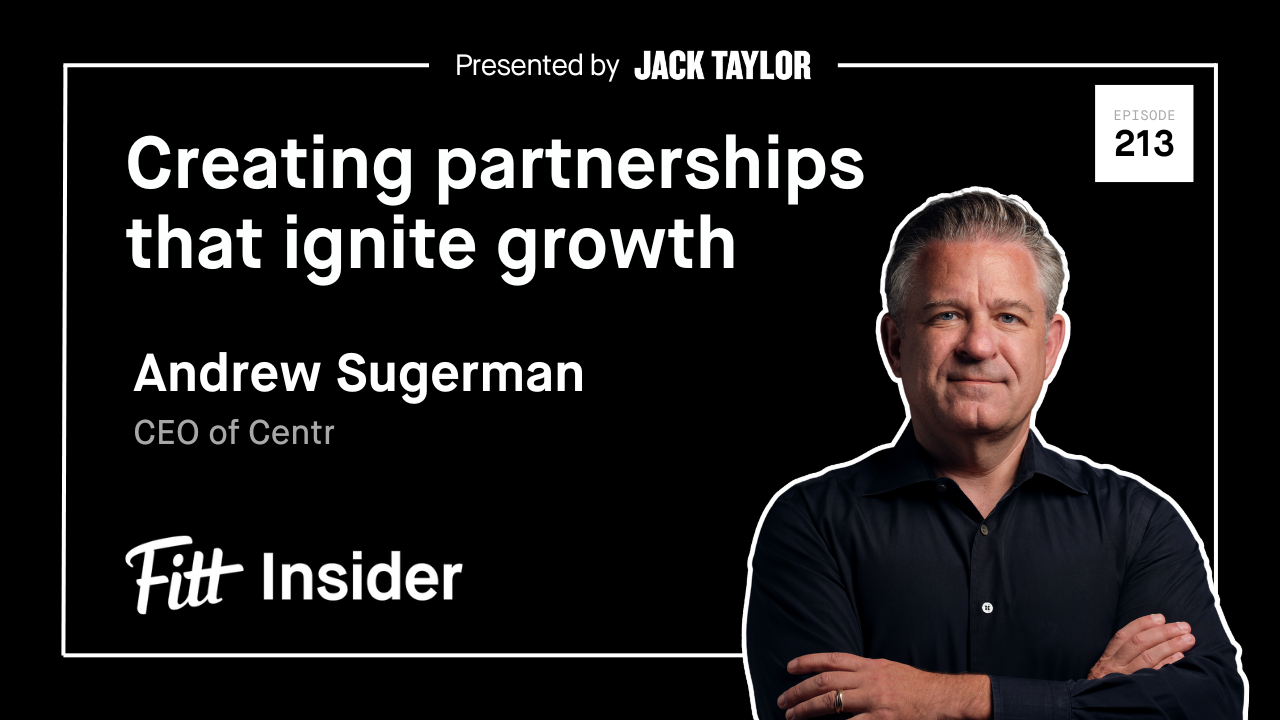Issue No. 260: Fed Up


Baking up bread with benefits — like fiber, protein, and zero net carbs.
In school cafeterias, real food is rarely on the menu.
Corrupt Cafeterias
One in three American children are overweight or obese. And school food isn’t helping.
- 92% of school breakfasts and 69% of lunches contain 10% of calories from added sugar.
- School vending machine items contain up to 72% of calories from added sugar.
- 89% of school meal directors struggle to procure foods within nutrition guidelines.
Beyond physical health, there’s growing evidence poor food choices lead to cognitive and behavioral problems, negatively impacting academic performance.
Big Lunch
Despite calls for nutritious options, a flawed system stands in the way of real change.
Shortchanged. Government funds subsidize school meals — but production costs now exceed reimbursement rates. So, while the National School Lunch Program (NSLP) provides free or reduced-price meals to low-income families, schools stretch dollars with cheap, easy-to-prepare foods.
And with 9.3M children experiencing food insecurity, these low-quality lunches are often the only choice.
Cashing in. Checking the box on price and convenience, Big Food is seizing the opportunity in schools. Leveraging lobbying and loopholes to keep quality standards low, the industry ensures that its products qualify as school meals.
The latest example, Kraft Heinz introduced a new line of Lunchables this spring, intentionally tailored to NSLP criteria. Detailing its strategy in an investor presentation, the company said it’s targeting the “untapped” $25B+ school market.
The catch? Already unhealthy, the school versions have more sodium than their store-bought counterparts.
Interestingly, Lunchables first debuted at a time when tobacco giant Philip Morris owned Kraft — as part of a plan to engineer addictive, “hyper-palatable” foods. Despite its origins and dietary shortcomings, Lunchables remain a cafeteria staple decades later.
Making matters worse, the food kids find at home or elsewhere isn’t any better.
- 70% of packed lunches contain highly processed foods.
- Products marketed to children are higher in sugar and lower in nutrients vs. general food products.
- Ultra-processed foods make up 67% of calories kids consume; half don’t eat a single vegetable during the week.
Short Supply
An issue of critical importance, improving school meals could help lower BMIs, while subsidized daycare meals would prevent malnourishment and hospitalizations.
But even as the USDA works to overhaul school nutrition standards, conflicts of interest with food & bev, pharma, and weight loss influences could stifle progress.
Not without hope, Little Spoon expanded beyond infants to healthify Lunchables for “big kids” and meal planning app Little Lunches, which generates real food-focused menus for children and families, is exploring B2B.
But faced with limited alternatives and rising prices, nutritious food remains out of reach for schools, parents, and, ultimately, kids.
Looking ahead: Kids might not know any better, but adults can’t deny the sad state of school lunches. Yet, instead of demanding change, we let food companies and policymakers rig the system while children bear the consequences. A collective failure, the status quo is unacceptable, but for now, there appears to be little appetite for action.
🎙 On the Podcast

Centr CEO Andrew Sugerman shares the company’s strategy for simplifying holistic health.
Founded by actor Chris Hemsworth, Centr pairs digital content with fitness equipment for personalized well-being programs. Scaling up, the company entered Walmart and inked a deal to supply global fitness event HYROX.
We also cover: HighPost Capital’s merger of Centr with Inspire Fitness, integrating digital and physical products, and creating growth partnerships.
Listen to today’s episode here.
🏥 Life Time launches longevity clinics
Adding to its athletic country clubs, the company’s new medical concept, called MIORA, will offer comprehensive health testing and personalized wellness plans.
- For $299, patients receive a detailed blood panel, health report, and consultation.
- A $199 monthly membership includes access to services like peptides, hormone replacement therapy, IV drip, cryotherapy, sauna, red light therapy, and more.
- Personalized treatment plans will span lifestyle and medical interventions, plus GLP-1s.
The pilot location opens November 27 in its downtown Minneapolis club after soft launching this month.
Ripple effects. As weight loss drugs like Ozepmic take hold, the fitness industry is being forced to adapt. MIORA follows Life Time’s plans to offer obesity meds for members, pairing GLP-1 prescriptions with long-term lifestyle changes.
Capitalizing further, Life Time’s clinical offshoot adds holistic medical treatments to the equation — providing care and diagnostics beyond the capacity of gym trainers.
Living well. Outmaneuvering traditional healthcare, prevention-focused wellness centers and spas are ramping up.
Companies like Restore Hyper Wellness and Pause Studio put recovery first, while Modern Age, Fountain Life, and Serotonin Centers emphasize longevity and anti-aging services.
Punchline: Formerly siloed offerings, fitness and wellness have become a package deal. As more people embrace holistic health, expect the overlap of medical, lifestyle, and aesthetic interventions to continue.
Presented by Hero Bread
🍞 Bread with Benefits
Bread gets a bad rap. But, a new slice savior is restoring its good name.
Say hello to Hero Bread, makers of fluffy, flavorful baked goods — including bread, buns, and tortillas.
Whether you’re dialing in your nutrition or making smarter food choices without sacrificing taste, your hero has arrived.
Two slices pack in 22g of fiber and 10g of protein, all with 0g net carbs and 0g sugar. Baking in benefits, it also supports gut health and balanced blood sugar.
Order up! Score your Hero Bread at hero.co and use code FITT10 at checkout for 10% off your first purchase.
💸 Forward adds $100M to scale automated CarePods
Expanding beyond membership-based primary care clinics, the new capital will support the launch of tech-enabled, self-serve booths analyzing critical health data.
- CarePods access starts at $99 per month, unlocking on-demand biometric body scans, disease detection, blood testing, and more.
- Leveraging test results and AI, clinicians prescribe personalized health plans tracked via the company’s app.
On a mission to productize healthcare, Forward has raised more than $650M to date. Adding to its debut Sacramento location, CarePods will roll out nationwide with the goal of becoming ubiquitous in offices, malls, and gyms.
All-access. Like wearables, whole-body imaging promises to usher in a more personalized and preventative approach to healthcare — saving countless lives and trillions of dollars.
And, making scans affordable, Forward’s competitive price point could encourage adoption beyond biohackers.
New regime. As flaws in the existing healthcare system lead to increased spending and decreased lifespans, startups are banking on early detection and continuous monitoring to stem the tide.
Ezra and Prenuvo have made waves, and sparked debate, with full-body MRIs for cancer screening. More futuristic, Neko and Q Bio turn scan data into digital patient models, tracking health and predicting disease over time.
Punchline: On the bright side, CarePods represent a potential breakthrough for preventative medicine. But, Forward still has to prove its sleek kiosks can deliver better health outcomes.
📰 News & Notes
- Tonal expands distribution with Best Buy deal.
- Strava launches 3D trip review feature Flyover.
- Wellness rewards credit card Ness shuts down.
- Fitt Jobs: Curated careers at top health & fitness companies.
- Gympass adds holistic wellness coaching to B2B Trainiac app.
- Startup Q&A: Mindbody CEO Fritz Lanman on what to expect in ‘24.
- FTC issues warning to Big Bev-paid dietitians over aspartame posts.
- Ex-F45 CEO Rob Deutsch backs rival functional fitness concept The Yard.
- We Work Well brings wellness-focused hosted buyer events to North America.
- Holistic wellcare brand VeraVia announces opening for Valley Center, CA retreat.*
- World Gym Australia partners with Coach Welly for AI, gamified member experiences.*
💰 Money Moves
- Primary care startup Forward added $100M in a Series E round from Khosla Ventures, Founders Fund, Samsung Next, and SoftBank to scale its autonomous diagnostic pods.
- Mindful drinking app Sunnyside raised $11.5M in a Series A round led by Motley Fool Ventures.
- Coachwood Group of Companies acquired sports drink brand BioSteel for an undisclosed amount from cannabis company Canopy Growth.
- Bodybuzz, an EMS (electro muscle stimulation) personal training company, acquired Lightning Fit EMS Training Studio in Orange County, CA.
More from Fitt Insider: EMS Training Scales Up - Behavioral healthtech company UpLift acquired Minded, an online psychiatry service for women, expanding its coverage nationally.
- India-based startup Inito, maker of an at-home fertility tracking kit for women, raised $6M in a Series A round led by Fireside Ventures.
- Gamer-focused energy drink brand G FUEL added undisclosed investments from Kingswood Capital Management and First Bev.
- Medmo, a New York-based startup streamlining medical imaging, raised $9M in a funding round led by Lerer Hippeau.
- Better-for-you energy drink maker Plant Press closed $1.2M in a seed round.
Today’s newsletter was brought to you by Anthony Vennare, Joe Vennare, Ryan Deer, and Jasmina Breen.
* Sponsored content